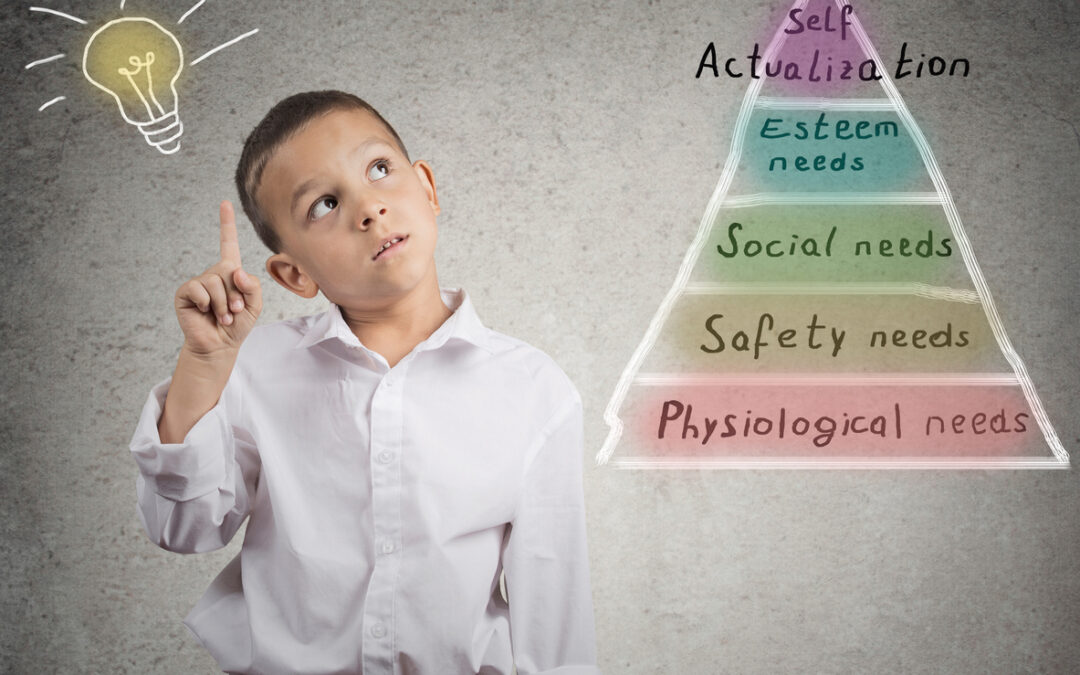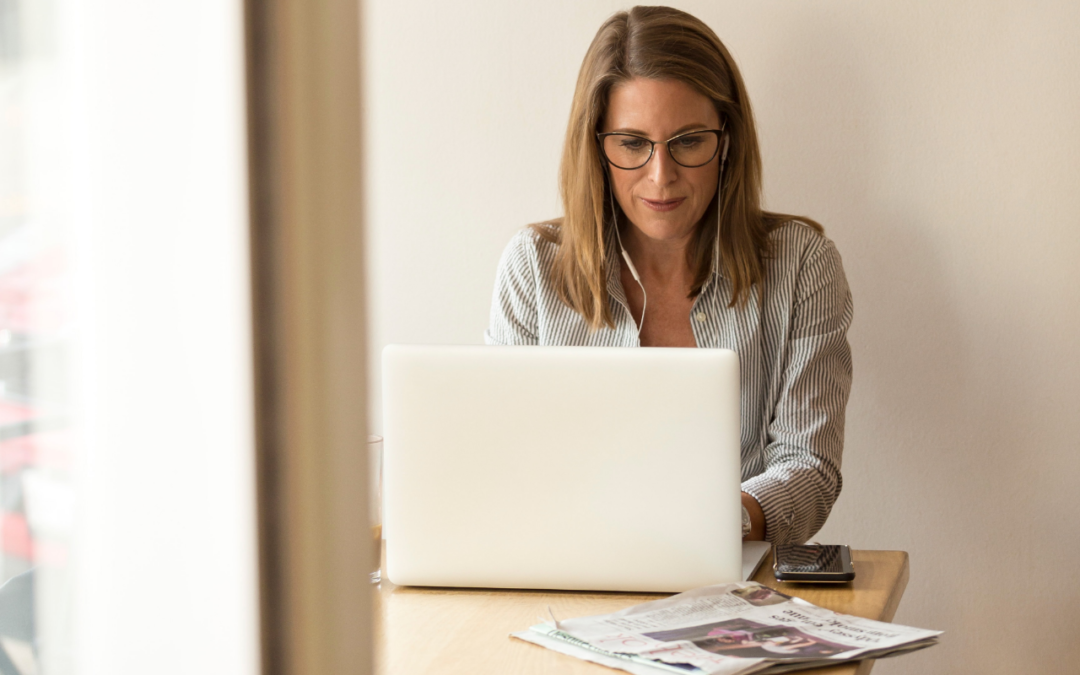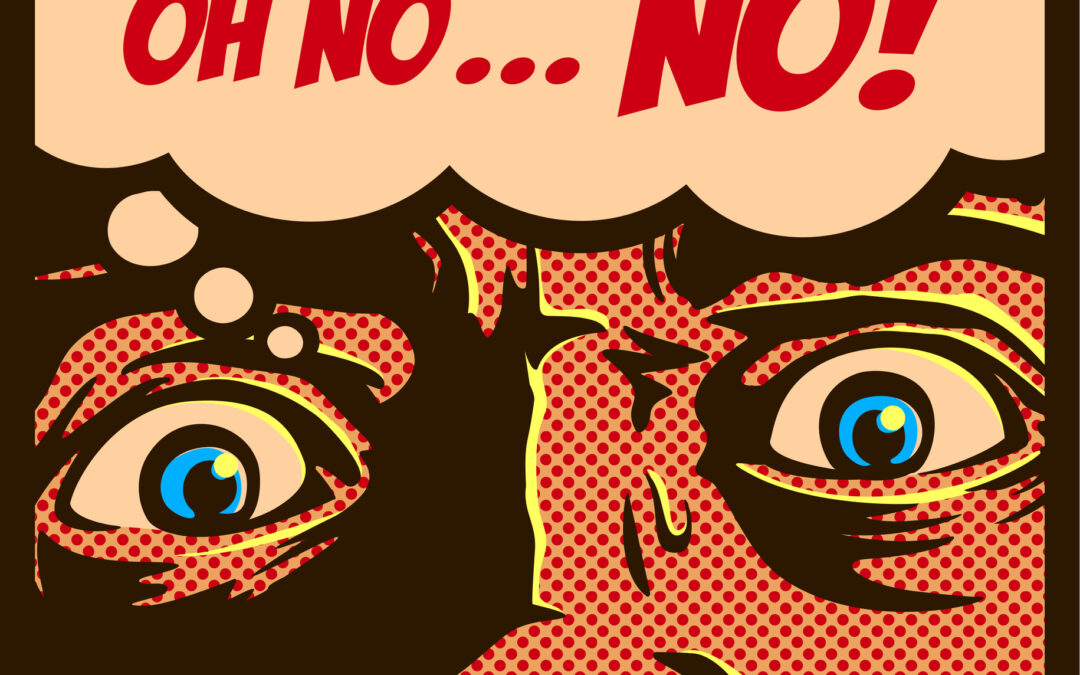Have you ever felt completely overcome by an intense emotions? Have feelings at times felt challenging to manage and overcome? The experience of being “overwhelmed” is uncomfortable and impactful in your life at work, home, or school. Defining "Overwhelm" Emotional...

Contamination Fears In a Contaminated World: What’s Appropriate And What’s Compulsive?
Covid, Measles outbreaks, Mokeypox- it can feel overwhelming to manage the constant barrage of new threats. For most people, a significant behavioral change is needed to ensure safety, but for people with OCD or health anxiety, where do you draw the line? What are appropriate safety precautions, and what are compulsive safety-seeking or attempts to manage anxiety? Years ago, it would have been seen as obviously excessive for most people to wear a mask in public spaces, sanitize everything before bringing it into your home, and refuse people in your home, but now that may be exactly what’s needed to remain safe. An added component to this difficulty are the differences in how folks view these threats, complicating factors like having young children or being immunocompromised, and individual tolerance for risk. What might be excessive for one person may be necessary for another.
There is no one right answer to what is an “appropriate” level of safety precaution, again because each person will have a different set of circumstances to consider. The simplest way to explore if your safety precautions are appropriate, or potentially causing you more anxiety/distress, can be boiled down to three questions:
Is this in line with expert recommendations?
The more obvious way to assess your safety precautions is to find experts whose opinions and recommendations you trust. This could be medical doctors, scientists, government agencies, or ideally, a combination of several so you can ensure your information is reliable. For example, both the CDC and the Mayo Clinic advise washing your hands with soap and water for at least 20 seconds or, if that is not available, using hand sanitizer with at least 60% alcohol content. With this in mind, some folks may prefer to go a little beyond these recommendations, but it gives a good barometer for what is considered adequate for safety.
Is this safety precaution causing you harm in an effort to keep you safe?
This is truly the most important assessment. If washing your hands for 60 seconds feels more comfortable, there’s likely little harm and it could be appropriate to continue. However, if you begin using scalding water, harmful chemicals like bleach, or begin to experience peeling, cracking, or bleeding, it warrants an assessment of whether the safety precaution is appropriate.
Is this causing me to be unable to engage in necessary or preferred activities?
This is a slightly more challenging assessment because nearly everyone has experienced a decrease in their ability to engage in preferred tasks, or are having to engage in them in different ways than we used to. You might have to say no to a large gathering, or only meet with friends outside and masked when you would prefer not to. If you find yourself isolating, or feeling unable to engage in activities even when risk could be mitigated, it might warrant a closer look. Another major component to this question is how much time is being spent on the safety precaution. For example, there’s a major difference between a quick wipe-down on the groceries, and a 5 hour sanitizing deep clean. If you find yourself spending considerable time on safety precautions that you would normally spend on leisure activities, it may be worth exploring.
If you are noticing that your attempts to maintain safety are starting to become detrimental in other ways, please reach out, a trained therapist can help you find a balance between safety and anxiety that opens the door to joy and hope.
For more information, go to https://iocdf.org/expert-opinions/expert-opinion-contamination/

7 Skills to Try When You Feel “Overwhelmed”

Exposure and Response Prevention for Effective OCD Treatment
Exposure and Response Prevention (ERP) is a form of Cognitive Behavioral Therapy (CBT) that involves purposefully exposing yourself to feared stimuli or situations in order to learn a new way of responding to them. If you struggle with OCD, this explanation of...

Coping with Scarcity and Scarcity Mentality
Are you among the millions of people that have lost work since a state of emergency was declared last month? Employment numbers keep rising across the country. And those numbers don’t account for those whose applications for unemployment remain in limbo. There is an...

Pandemic Survival Skills from an Anxiety Counselor
As we adjust to a new normal that includes self-quarantining, a shift in plans and routines, and significant uncertainty, it’s important to find ways to maintain our mental and emotional health. We’ve gathered some recommendations here, but strongly encourage you to...

3 Ways to Kindly Say “No” to Invites for Introverts
Life is challenging when you’re an introvert. What are simple interactions for many people can feel anxious and uncomfortable to you. The mere idea of taking part in certain social events can be exhausting and emotionally draining to an introvert. While some social...

Burnout Risk: 10 Signs You’re Addicted to Working
We live in a society that worships the overachiever. Burning the candle at both ends and denying yourself pleasure until the work gets done is seen as honorable. And while having a good work ethic is definitely key to living your best life, it is also important to...

6 Reasons Why Yoga Might Be the Missing Link in Your Mental Health Toolkit
We invited our friend, Eve Parker at Simply Yoga, to share this guest blog, which provides information about the positive impact of yoga on a person's mental health and overall wellness. After reading the article, if you’d like more information about Simply Yoga, we...

5 Ways to Cope with Anxiety as a Parent
The hard work and unpredictability that makes parenting so rewarding can also cause a great deal of anxiety. Here are some simple ways to bring yourself to a place of calm. Make a To-Do List Ruminating on worries can cause lots of stress. Clear your mind by...

10 Awesome Mental Health Apps
According to statistics from the National Alliance on Mental Illness, each year about 1 out of every 5 Americans adults suffer from one form of mental illness or the other. Mathematically, that works out to 48.3 million of the total American adult population, and with...

Anxiety and Stress: How Does Our Body React?
Have you ever wondered what's happening in your body when anxiety and stress are triggered? Stress and Anxiety are "fight or flight" responses, which allow us to react faster and more appropriately, depending on the situation. These have been incorporated in us...















